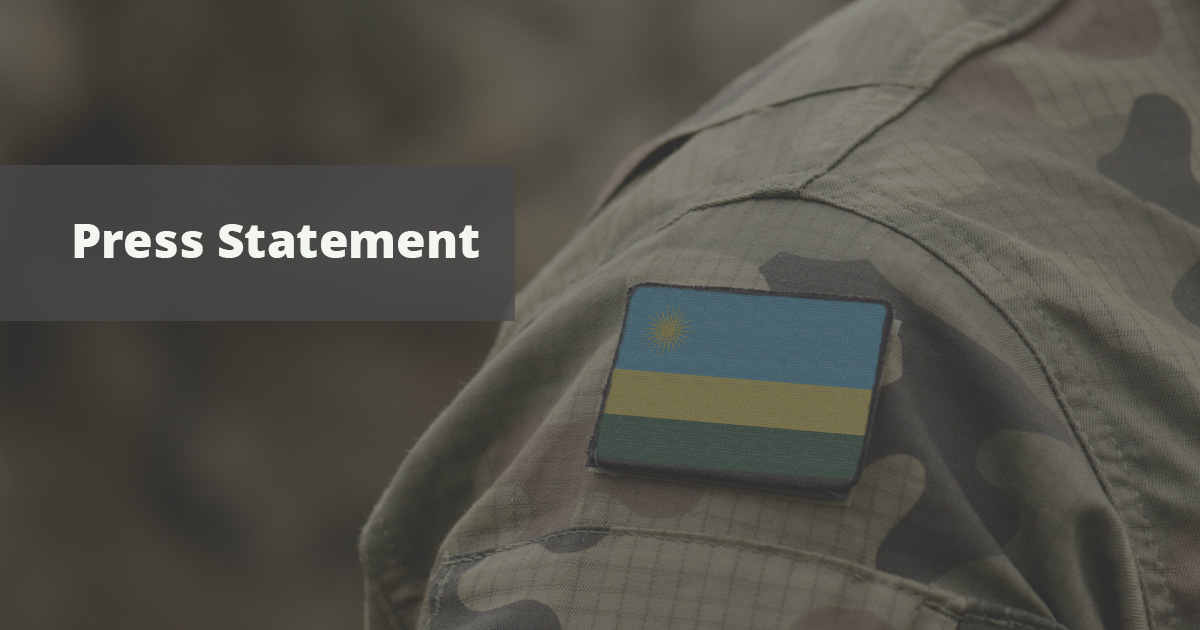The Centre for Human Rights, Faculty of Law, University of Pretoria, welcomes the Wednesday 12 February 2025 public hearing by the African Court on Human and Peoples’ Rights, of the first inter-state case filed before it in Application 007/2023, Democratic Republic of the Congo v. Republic of Rwanda.
DRC filed this case on 21 August 2023, alleging human rights violations by Rwanda against its citizens in the Kivu region in eastern DRC. The alleged acts of human rights violations include massacre of hundreds of people, internal displacement, destruction of infrastructure and social services, looting and destruction of property, among others, contrary to provisions of the African Charter on Human and Peoples’ Rights and other regional and international human rights instruments. The violations reportedly occurred during an armed conflict which broke out in November 2021 between the DRC army and ‘the Coalition’ comprising M23 rebel fighters and the Rwandan army. Notably, this conflict has previously been adjudicated upon by the African Commission on Human and Peoples’ Rights in the first inter-state case filed by Democratic Republic of the Congo v. Burundi, Rwanda and Uganda (2003), with the respondent states found in violation of several human and peoples’ rights including the right to self-determination, the right to development and the right to peace and security.
The inter-state procedure enables international human rights bodies to contribute to resolution of disputes between States without them escalating to full brown conflict. It also facilitates access to justice for victims of human rights violations who would otherwise not be able to seek redress themselves due to the restrictions on individuals’ direct access to the international human rights bodies, as well as the complexities of pursuing justice against foreign actors. Under the African human rights system, this procedure is provided for under article 48 of the African Charter in respect of complaints to the African Commission on Human and Peoples’ Rights and article 5(1)(d) of the African Court Protocol in respect of complaints to the African Court on Human and Peoples’ Rights.
Noting the underutilization of this procedure by African States, the Centre for Human Rights applauds the African Court for the expediency and openness of the proceedings in the matter between DRC and Rwanda and welcomes the cooperation of the two State parties as demonstrated in their active participation in the proceedings.
The Centre for Human Rights calls on the African Court to ensure timely conclusion of the case with a view to issuing the judgment on the rights and obligations of the two states. This is of utmost importance as part of the efforts to de-escalate the tension and conflict between the two States and curtail the alleged widespread human rights violations. Broadly, the Court has an opportunity to build the confidence of member states in its capacity to serve as a viable and preferred alternative for resolution of disputes.
Centre for Human Rights
Faculty of Law
University of Pretoiria
www.chr.up.ac.za
